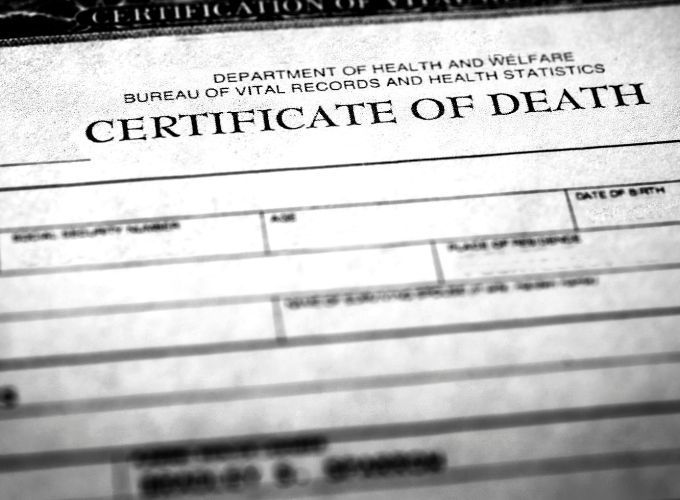Articles Of Interest
Burial Plan Set Asides That Satisfy Medicaid Spend Down Rules

If someone in your family needs to qualify for Medicaid coverage to provide long term care, you need to consider options for setting aside burial plan funds. Spend down money, which is set aside for burial plans, is then categorized as exempt assets.
Spend down is the process of divesting an individual’s assets down to the amount that makes them eligible for Medicaid coverage for long term care. Most state Medicaid programs allow certain assets to be exempt from consideration. In this article, we are limiting the discussion to prepaid funeral plans.
It’s important to know that Medicaid rules vary from state to state and are constantly changing. In Pennsylvania, the spending limits are established by each county.
There are two components to burial plan set asides - burial funds and burial space items. Burial funds are for services provided by a funeral home. Burial space items are related to merchandise and items associated with the burial of a body. A licensed funeral director can help you through the process of determining what funds you can set aside in each of these categories.
Typically, burial funds are placed in an irrevocable prepaid funeral account. In Pennsylvania, the maximum amount allowed is determined by each county and changes from year to year. With an irrevocable account, the funds are protected and preserved to cover future funeral expenses.
Burial space items can be purchased in advance for most of the Medicaid applicant’s family members, including their siblings, spouse, children and their spouses. This provision includes adoptive and stepchildren. Funds for burial space items must be set up as irrevocable contracts in order to be considered exempt.
The purchase of a prepaid funeral contract is an important part of a Medicaid spend down plan, so be sure to consult a licensed funeral director to assist you with setting up a properly structured prepaid funeral plan.











